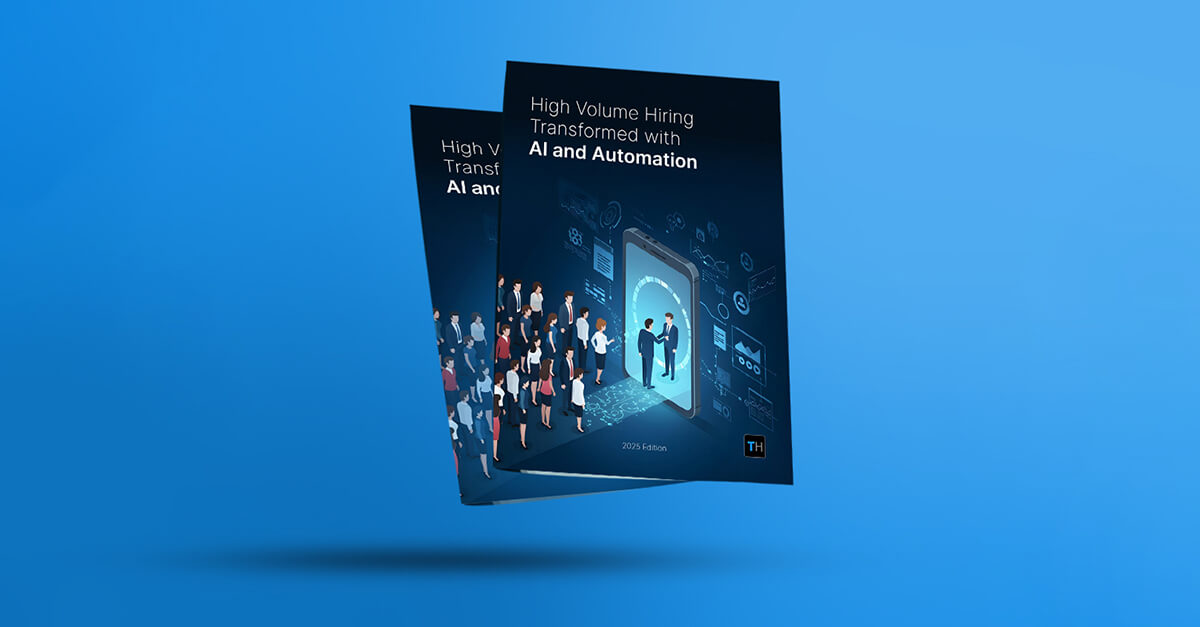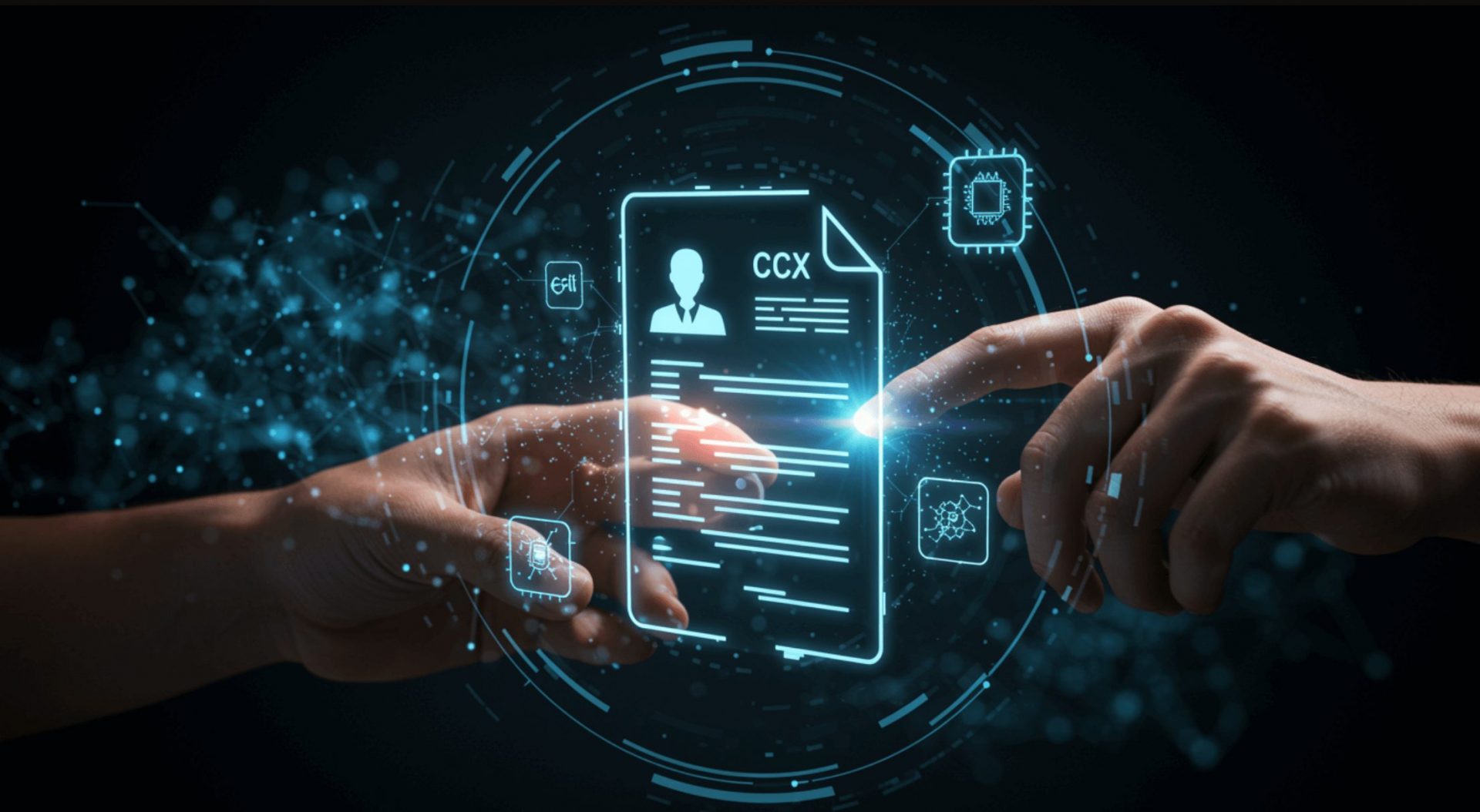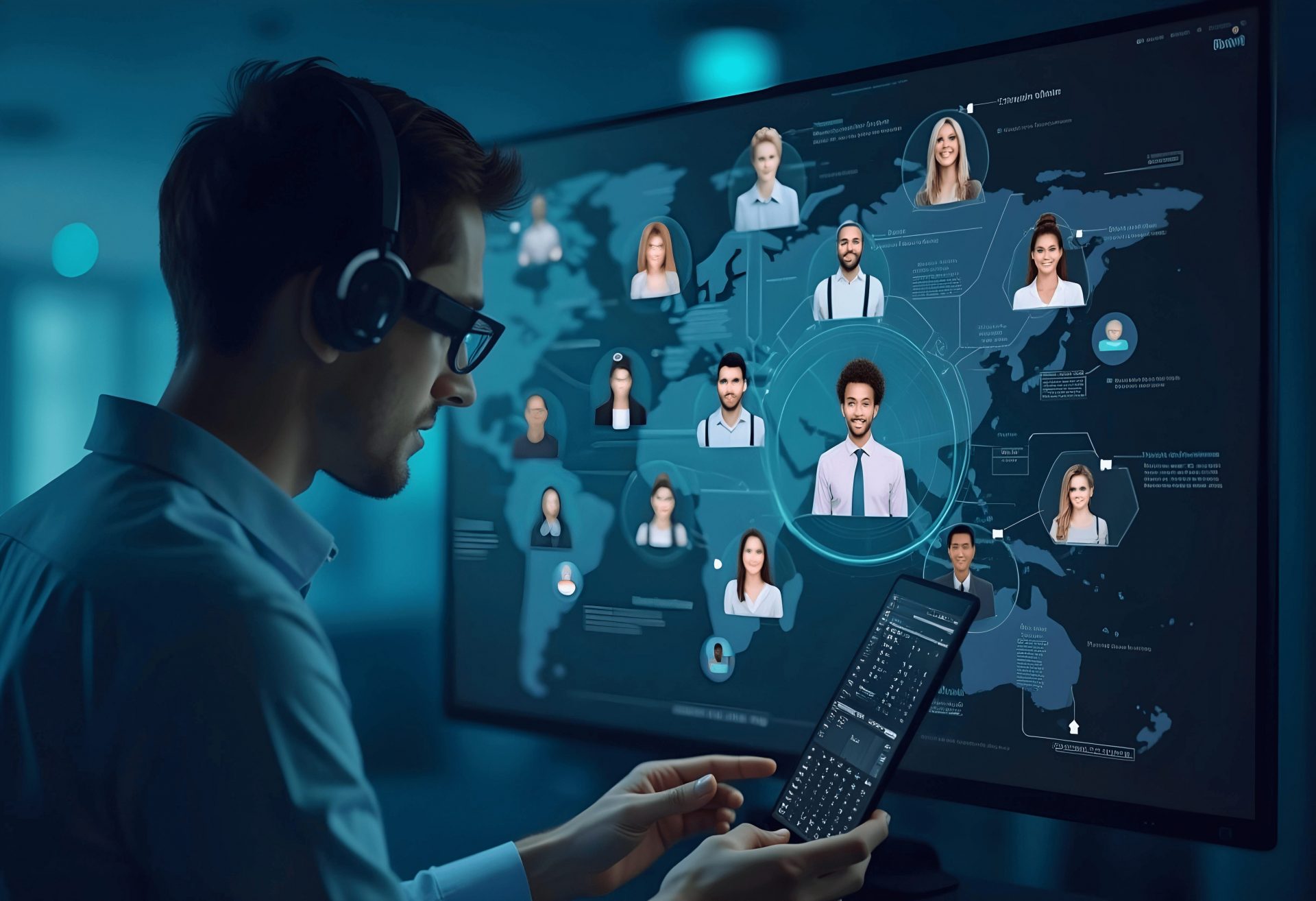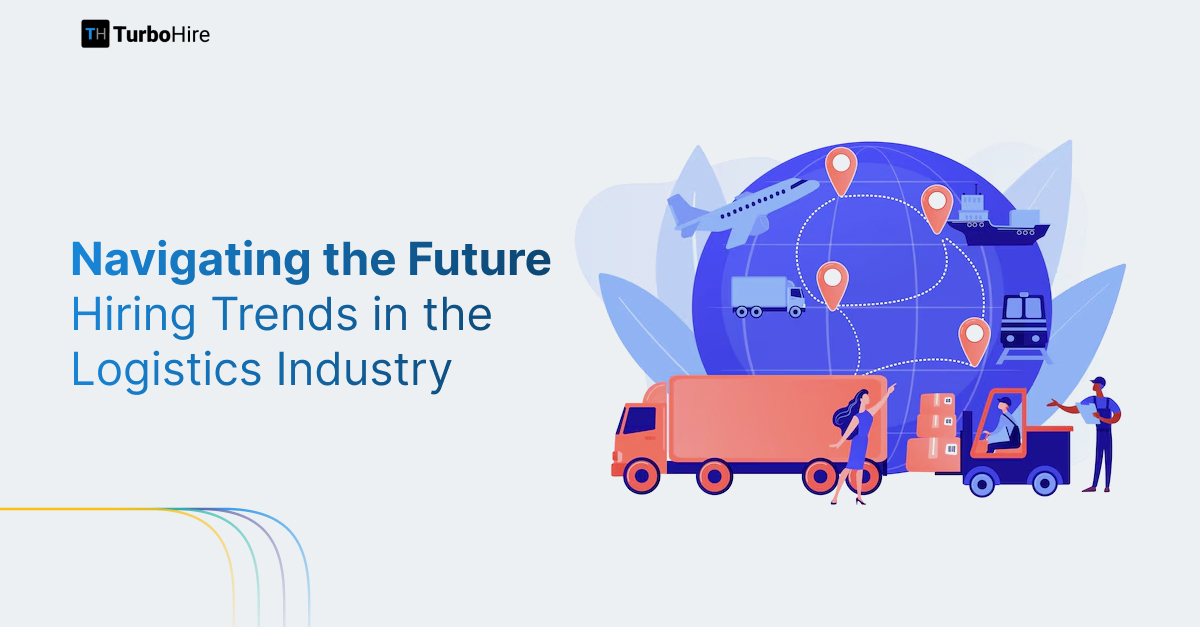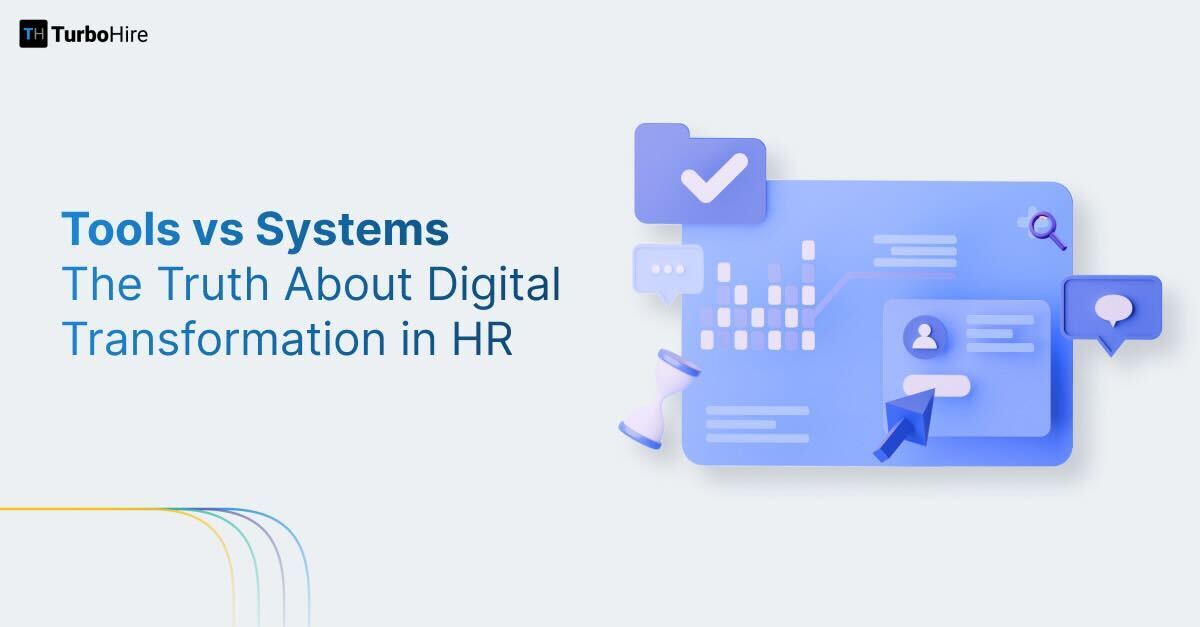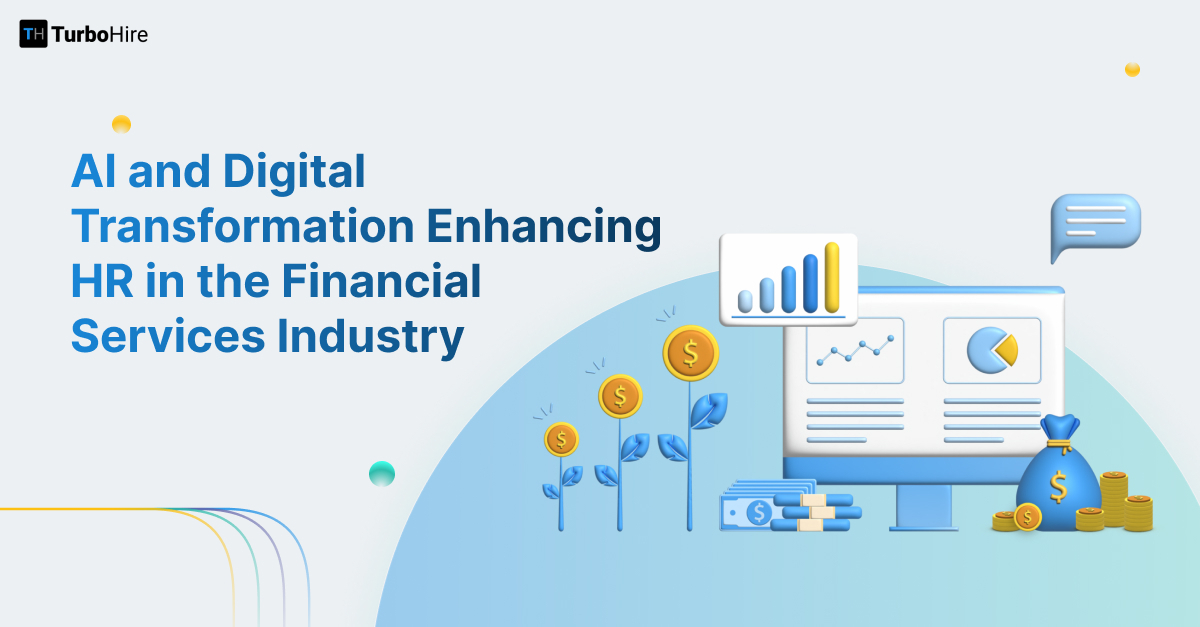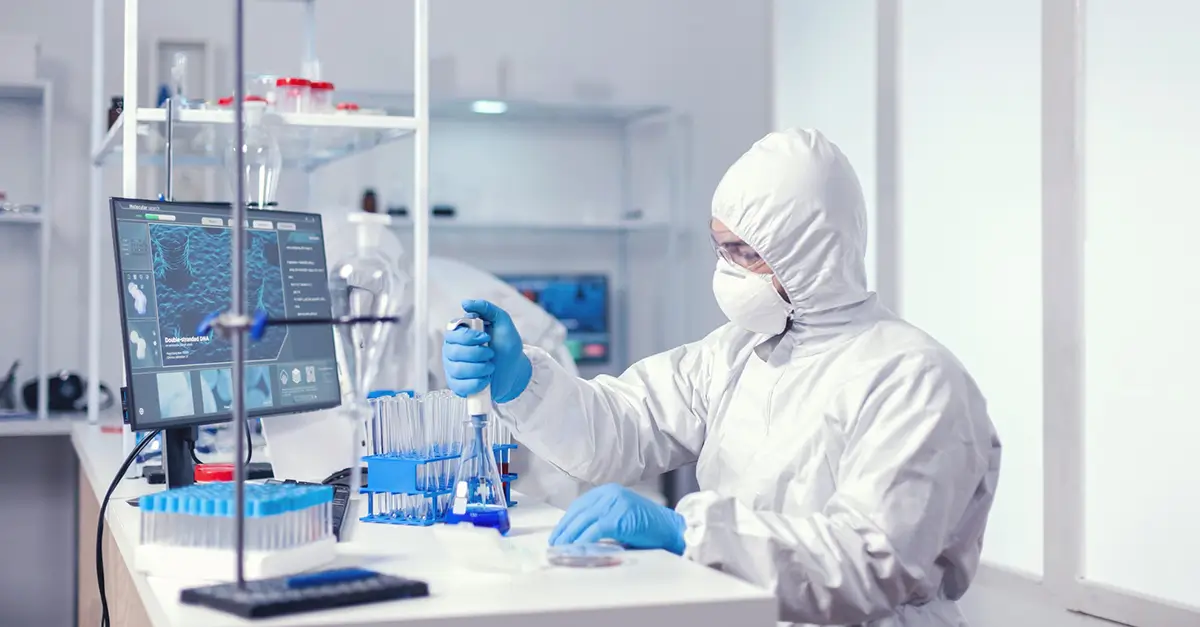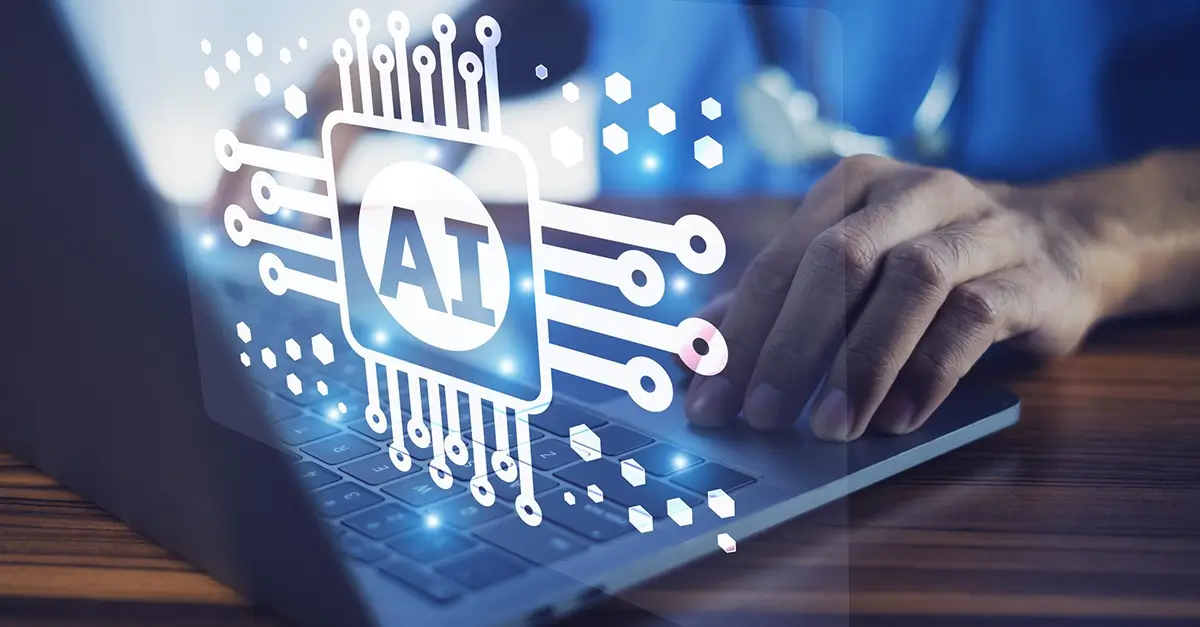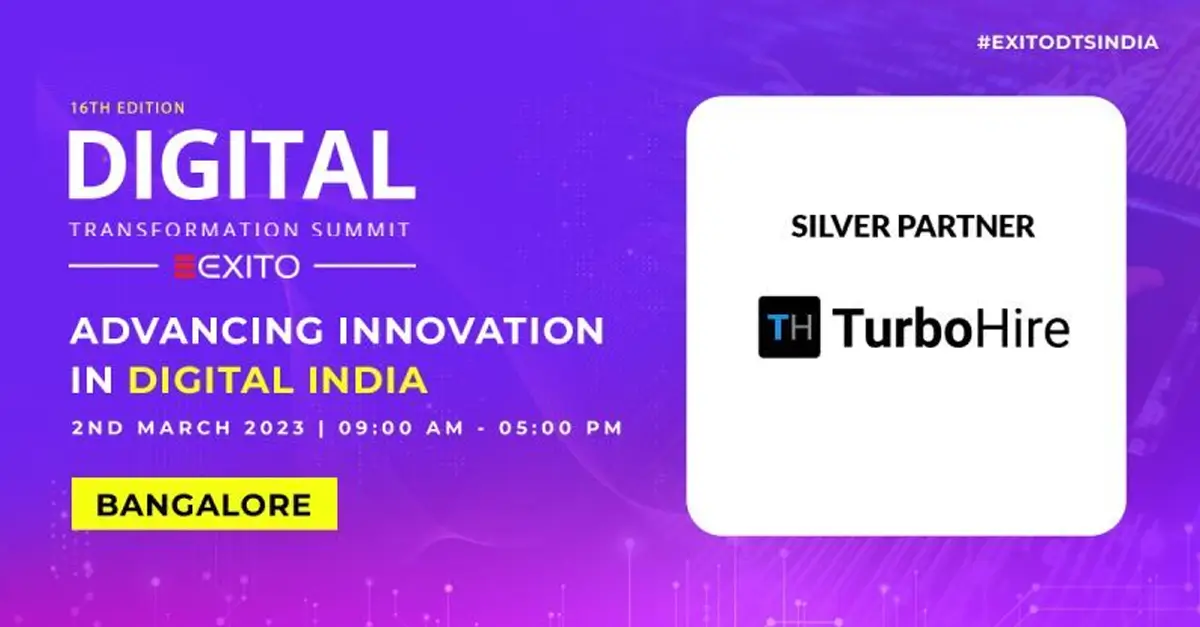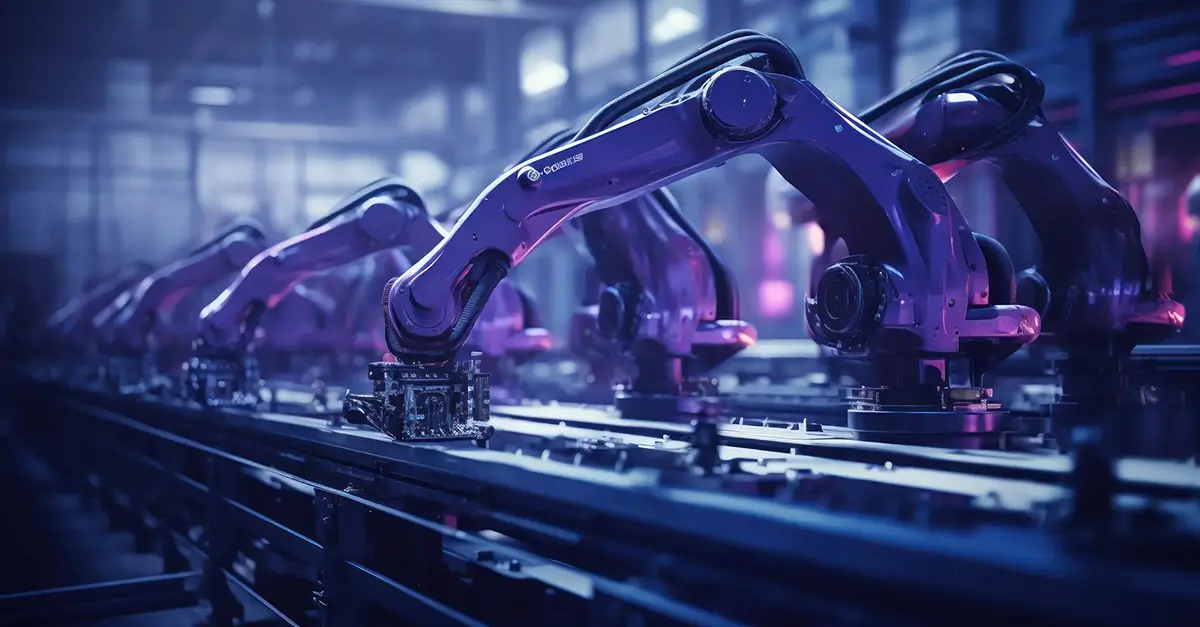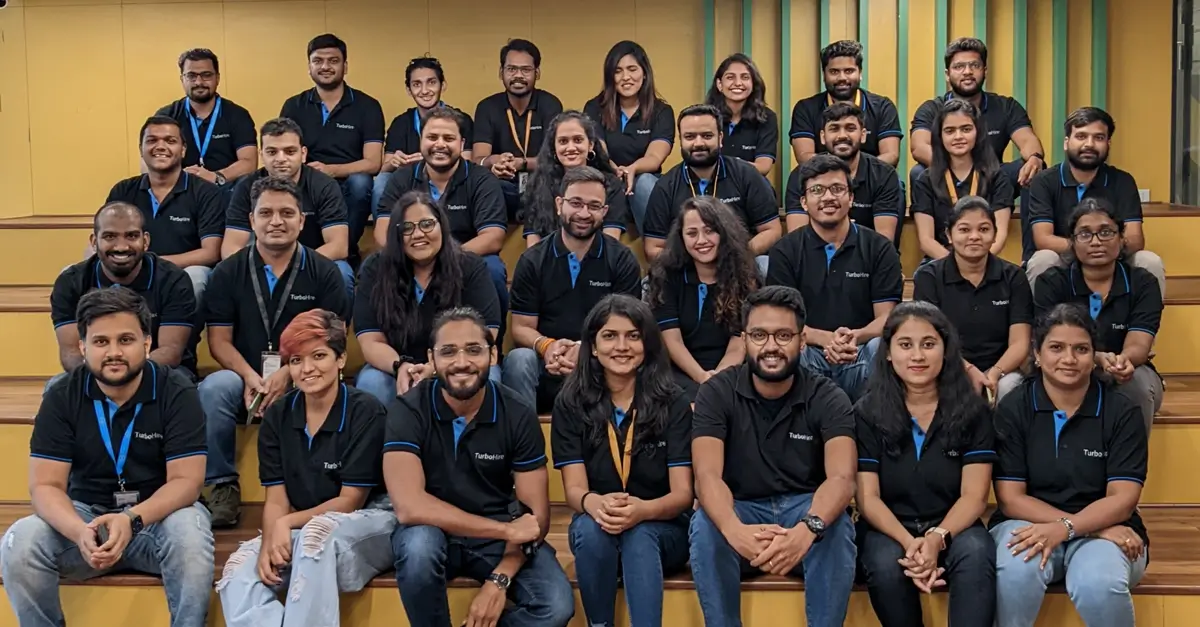Introduction
Digital transformation is reshaping the automotive industry, bringing profound changes in technology, sustainability, and workforce dynamics. In the realm of electric vehicles (EVs), digital transformation strategy has led to the integration of cutting-edge software and hardware solutions. This includes real-time data analytics for vehicle performance, over-the-air updates to enhance functionality, and smart charging systems that optimise energy use.
These advancements not only improve EV efficiency but also reduce environmental impact and cater to the growing demands of a tech-savvy customer base. Beyond the technological aspects, digital transformation has also sparked a shift in workforce strategies, emphasising interdisciplinary talent acquisition.
Automotive companies are now seeking individuals with skills in areas such as AI in the automotive industry, machine learning, and the Internet of Things (IoT), transforming traditional automotive roles and fostering a more diverse and technologically adept workforce. This transition supports the industry’s current needs, particularly in EV production, and lays the groundwork for sustainable growth in the future.
The Rise of Electric Vehicles (EVs)
The automotive industry is witnessing a significant shift with the rise of electric vehicles (EVs). The global EV market is rapidly expanding, driven by technological advancements and evolving consumer preferences. According to the International Energy Agency1, global EV sales doubled in 2021 to 6.6 million units, accounting for nearly 9% of the global car market, and projections indicate further growth in the coming years.
Advanced Electric Vehicle Technologies and Their Market Impact
The global electric vehicle (EV) market is experiencing unprecedented growth, catalyzed by innovative technologies and supportive government policies. This surge is reshaping the automotive industry, steering it towards a future dominated by electric and environmentally friendly vehicles.
1. Advanced Battery Technologies
The backbone of the EV revolution is the advancement in battery technology. Lithium-ion batteries, a pivotal innovation, have significantly improved the range and charging times of electric vehicles. Research is continuously pushing the boundaries, with solid-state batteries on the horizon, promising to revolutionize efficiency and reduce charging times further. These batteries are complemented by advanced battery management systems that maintain battery health and optimize performance throughout the vehicle’s lifecycle.
2. Expanding Charging Infrastructure
A major driver behind the EV adoption surge is the expanding global network of public charging stations, including rapid chargers. This development is rapidly reducing range anxiety and is a key factor in the proliferation of electric vehicle manufacturing. The European Union’s ambitious goal to install one million public chargers by 2025 exemplifies its commitment to enhancing EV infrastructure, making electric vehicles a more practical and attractive option for consumers.
3. Governmental Incentives and Regulations
Governments worldwide are accelerating the shift toward electric vehicles through a variety of incentives, including subsidies, tax breaks, and stringent emissions standards. In the U.S., federal tax credits can reach up to $7,500, with additional state-level incentives bolstering EV purchases. The European Union is also enforcing rigorous emissions mandates to foster sustainable manufacturing practices and promote the adoption of green technologies.
4. Integration of AI and Machine Learning
The integration of AI and machine learning in automotive technology has brought a new dimension to EV design, manufacturing, and functionality. These technologies not only enhance production efficiency but also predict maintenance needs and are integral to the development of autonomous driving features. This signifies a shift toward a more innovative and sustainable automotive industry.
5. Vehicle-to-Grid (V2G) Technologies
Vehicle-to-grid technology allows electric vehicles to interact with the power grid through bidirectional energy exchanges. This not only helps stabilize the grid by balancing supply and demand but also enables EV owners to participate actively in energy markets. V2G technologies promote the sustainability and economic viability of electric vehicles within a broader energy ecosystem.
Global Surge in Investments Toward Electric Vehicle Technologies
The rise of EVs has led to substantial investment in both green jobs in automotive and technological development. Major automotive companies, including Tesla, General Motors, and Volkswagen, have committed to transitioning their fleets to electric vehicles by 2035. In China, the world’s largest EV market, BYD has ceased producing internal combustion engines to focus solely on EVs.
The EV market in India is witnessing unprecedented growth, fueled by supportive government policies, rising environmental consciousness, and advancements in technology. This sector’s expansion is crucial for India’s energy security and environmental sustainability.
The Indian government has been proactive in promoting electric vehicles through the Faster Adoption and Manufacturing of Electric Vehicles (FAME) schemes. Launched in phases, these initiatives aim to subsidize the cost of electric vehicles, making them more accessible to the general public. The FAME schemes are part of a broader government effort to encourage eco-friendly transportation alternatives and reduce the country’s carbon footprint.
In addition to direct purchase incentives, the government offers various tax rebates and exemptions to EV buyers. These financial benefits are designed to lower the ownership cost of electric vehicles compared to traditional internal combustion engine vehicles. By reducing the economic barriers to EV adoption, these measures help accelerate the transition to electric mobility.
The push towards electric mobility in India is a transformative movement aimed at enhancing national energy security, improving air quality, and promoting sustainable development. With continued government support and industry innovation, the EV market in India is set to drive the country towards a greener and more prosperous future.
Impact on Talent Acquisition and HR Strategy
The rapid growth of the electric vehicle (EV) industry is transforming HR practices in the automotive sector. As the focus shifts from combustion engines to electric powertrains, there is a heightened demand for skills in battery technology, electrical engineering, and sustainable manufacturing. Automotive companies are adjusting by prioritizing roles in software development and cybersecurity, reflecting the vehicles’ evolution into complex electronic systems.
To stay competitive, HR departments are not only expanding recruitment in these technological areas but also enhancing training programs to upskill existing staff. Partnerships with educational institutions are being strengthened to develop curricula that meet evolving industry needs, promote diversity, and recruit talent to foster innovation and address global market demands. These strategic shifts ensure automotive companies remain attractive to environmentally conscious professionals and maintain their edge in a rapidly changing industry.
Evolving Hiring Strategies
The automotive industry is undergoing a significant transformation, driven by the shift towards electric vehicles (EVs) and enhanced by digital strategies. This evolution demands a fresh approach to hiring, emphasizing the need for interdisciplinary talent that can propel the sector into the future. As companies focus on Digital Transformation Strategy and Automotive Technology, HR departments play a pivotal role in this dynamic landscape.
Evolving hiring strategies are crucial as the industry pivots towards EV Production and digital innovation. HR departments are now leveraging advanced recruitment technologies, which are essential for attracting the right mix of technical and creative skills. This strategic shift is critical for integrating diverse technical abilities across various domains, from engineering to IT. Such interdisciplinary expertise is becoming increasingly vital as the focus on Automotive Technology and electric vehicles intensifies.
1. Advanced Recruitment Technologies and Upskilling
To support this transformation, leading companies in the automotive sector are adopting innovative recruitment practices. For instance, the use of big data and analytics helps predict hiring needs and identify skills gaps. A thought leader in HR technology highlighted the trend: “The future of hiring will increasingly rely on harnessing digital tools to attract the right talent and build teams that can thrive in an environment of continuous technological change.” This approach is essential for fostering a workforce capable of supporting AI in the automotive industry.
2. Strengthening Ties with Educational Institutions
Moreover, collaborations with educational institutions are strengthening, ensuring a steady pipeline of skilled graduates ready to tackle the complexities of modern automotive technologies. These partnerships are crucial for preparing the workforce of tomorrow and facilitating a smooth transition for students into technical roles within the industry, particularly in areas like EV Production and Digital Transformation Strategy.
The Future of Automotive Talent
The industry’s shift towards EVs and digital technology continues to transform the automotive workforce. This transition is driving the need for new skills, innovative recruitment strategies, and comprehensive HR solutions. Companies that adapt to these changes by leveraging platforms like TurboHire, and implementing training and development programs, are better positioned to succeed in the evolving automotive landscape. This holistic approach streamlines operations, aligns recruitment processes with organisational goals and candidate expectations, and sets a new standard for efficiency and engagement in HR recruitment.
TurboHire’s Case Studies
TurboHire is revolutionizing the way automotive companies approach talent acquisition, particularly in the rapidly evolving landscape of electric vehicles (EVs). As the automotive industry shifts towards greener technologies, the demand for specialized talent in EV technology is growing. Traditional hiring strategies are being adapted to meet these new requirements, making efficient and effective talent acquisition tools more crucial than ever.
TurboHire enhances the recruitment process through its comprehensive platform, offering a seamless candidate experience with real-time feedback to ensure engagement and positivity. For recruiters, it utilises AI-powered tools to efficiently screen and match candidates to suitable roles, significantly reducing time-to-hire and improving the quality of hires. Interviewers benefit from scheduling tools and structured guides, enabling consistent and effective evaluations. The platform also supports approvers with multi-channel, multi-device job requisitions and approvals, ensuring compliance with budget and organisational guidelines. Additionally, leadership gains from real-time data provided through actionable alerts and dashboards, which help in making informed decisions that enhance overall business operations.
Further demonstrating its utility, TurboHire seamlessly integrates with major HRMS and WFM platforms like SAP SuccessFactors, Workday, Oracle HCM, and others. This compatibility ensures that organisations can elevate their hiring processes to meet the expectations of a future-focused workforce across various industries.
In the automotive sector, companies like OLA and Tata Motors are leveraging TurboHire to transform their HR and talent acquisition (TA) strategies :
OLA
OLA’s Careers Page is powered by TurboHire, replacing its previous system, Skillate. This enables efficient sourcing from various job portals, integration with the current HRMS, and the parsing of relevant candidates. Reports and analytics using Power BI provide actionable insights, and the Interview HUB facilitates interview scheduling, ensuring a smooth recruitment process.
Tata Motors
Tata Motors employs TurboHire’s RPO module, used by PeopleStrong, to optimise its recruitment strategy. The platform’s AI sourcing capability helps retarget the existing database to find similar candidates, and email templates allow for efficient communication. Additionally, the platform connects with LinkedIn to find relevant candidates and match them with current openings. JD creation tools assist in developing accurate job descriptions.
Challenges and Opportunities
To overcome these challenges and capitalize on these opportunities, HR departments in the automotive industry must adopt a proactive and strategic approach. They need to ensure that their HR strategies are flexible and innovative.
Challenges
1. Cybersecurity Threats
- With the increasing connectivity of vehicles to the Internet and the broader Internet of Things (IoT), the susceptibility to cyberattacks grows, making cybersecurity a critical concern.
- HR departments must prioritize the recruitment and continual training of professionals who are skilled in the latest cybersecurity practices tailored to automotive technologies. This includes understanding the specific vulnerabilities of connected and electric vehicles and ensuring robust measures are in place to protect vehicle data and user information.
2. Rapid Technological Changes
- The automotive industry is experiencing rapid advancements, particularly in electric vehicle (EV) production and automotive artificial intelligence (AI).
- This pace of technological innovation requires HR to actively manage the career development of employees, ensuring that training programs are current and effective. HR must identify emerging skill gaps and respond promptly, facilitating learning opportunities that keep the workforce adept at the latest industry technologies.
3. Integration of New Tools
- The introduction of sophisticated technologies such as advanced battery management systems, Vehicle-to-Grid (V2G) technologies, and smart charging systems poses integration challenges.
- HR departments must oversee the development of skills related to these new tools, potentially by organizing specialized training sessions or by hiring new talent who already possesses the necessary expertise. This ensures that the workforce can integrate these technologies smoothly with existing systems to maintain operational continuity.
Opportunities
1. Opening New Markets
- The digital transformation and the rising popularity of EVs present significant opportunities for entering new geographical markets, exemplified by the booming EV market in India, supported by governmental initiatives like the FAME II scheme.
- HR strategies should include the establishment of international recruitment and training programs to adapt to these markets. This involves understanding local market dynamics, navigating cultural differences, and ensuring that the workforce is diverse and equipped to handle international challenges.
2. Improving Efficiency
- The adoption of digital technologies in automotive production processes significantly enhances operational efficiency.
- By employing AI-powered automation and machine learning algorithms, HR can help streamline manufacturing workflows. This not only reduces costs and increases productivity but also supports HR in deploying workforce resources more effectively, aligning human talents where they are most needed to optimize output.
3. Enhancing Customer Experiences
- Digital enhancements in EV technology substantially improve the customer experience, offering features such as real-time data analytics for vehicle performance, over-the-air updates, and V2G technologies.
- HR must focus on cultivating a workforce that is not only technically proficient but also skilled in understanding and improving customer interactions. This involves training employees on new technologies that offer direct benefits to consumers and fostering a customer-centric culture within the company.
Navigating the Future
The digital transformation of the automotive industry presents both challenges and opportunities, requiring companies to adapt and innovate to succeed. By leveraging technology solutions, implementing training programs, and embracing digital transformation strategies, companies can navigate these challenges, seize new opportunities, and set a new standard for success in the evolving automotive landscape.
Conclusion
The digital transformation is decisively shaping the future of the automotive industry, particularly within the EV sector. This evolution is significantly impacting industry standards, altering employment strategies, and contributing to global environmental objectives, underscoring the necessity for automotive companies to adapt and innovate continuously.
In this transformative era, the adoption of EVs and the integration of digital technologies are redefining industry norms, influencing how vehicles are designed, manufactured, and serviced. The reliance on advanced technologies such as artificial intelligence (AI), machine learning, and data analytics is increasing. These technologies not only enhance vehicle performance but also foster the creation of green jobs, promoting sustainable industry growth.
Crucially, this shift demands new skill sets, leading to profound changes in employment strategies. Automotive companies are now revising their recruitment approaches to attract talent skilled in software development, electrical engineering, and automotive AI innovation. Moreover, there is a heightened emphasis on developing training and development programs to ensure that existing employees can keep pace with the rapid technological advances, a key challenge for HR departments aiming to maintain a competitive and capable workforce.
The impact of digital transformation reaches beyond the automotive sector to touch on global environmental goals. The proliferation of EVs is playing a pivotal role in reducing greenhouse gas emissions and diminishing reliance on fossil fuels, aligning with worldwide efforts to mitigate climate change. Advances in battery technology, V2G technologies, and smart charging systems are enhancing the sustainability of EVs, presenting them as a long-term solution.
To successfully navigate this future, it is imperative for automotive companies to persist in their innovation and embrace comprehensive digital transformation strategies. This includes not only integrating new technologies but also adapting HR and employment strategies to support these changes, ensuring that the industry remains robust and responsive in an evolving global landscape. Thus, the role of HR is more critical than ever, as they are tasked with both leading the adaptation to new technologies and fostering a culture that prioritizes continuous learning and sustainability.


